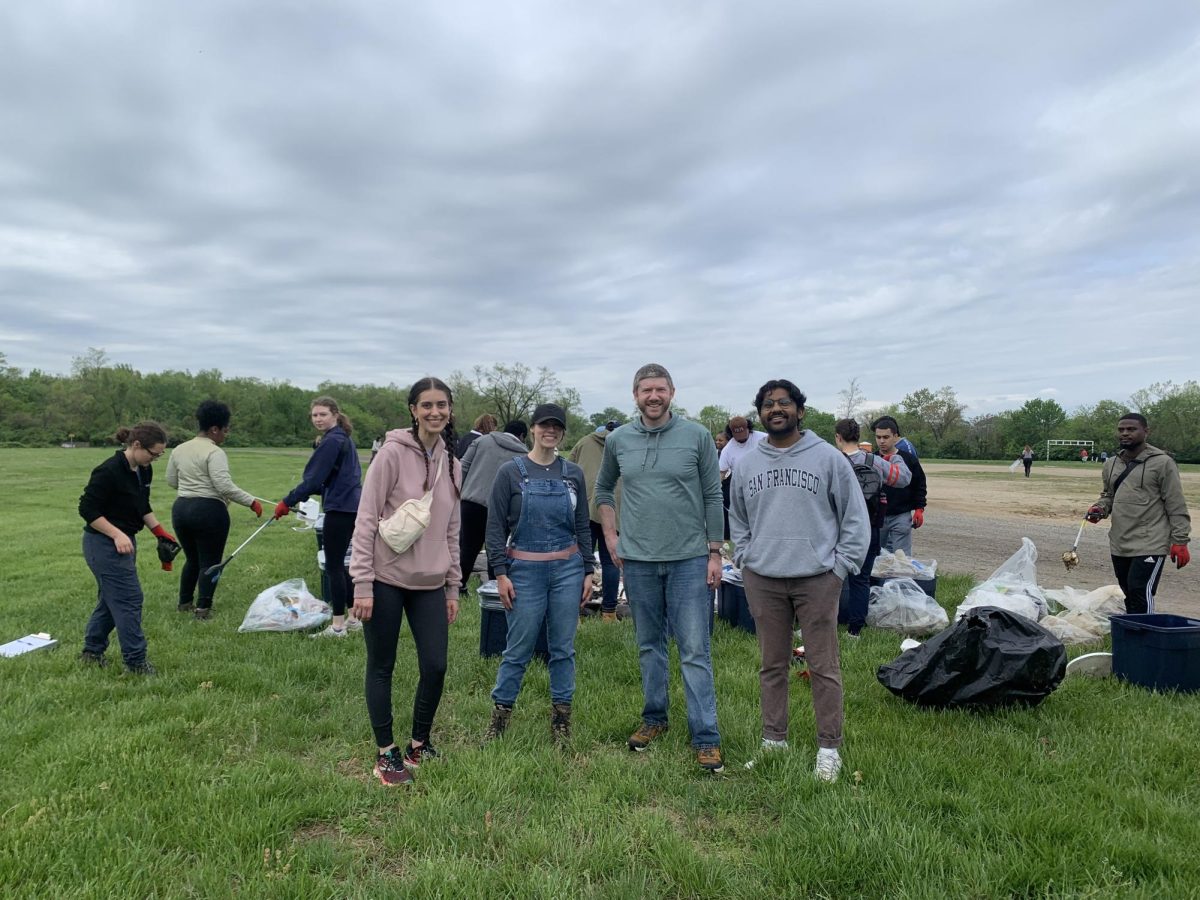Due to inadequate funding, the administrations for the Latin American Studies and African Studies programs merged at the end of the fall semester, resulting in the dissolution of the African Studies department’s assistant director position and prompting outcries from the program’s director and students who see the merger as a slight against African studies at Georgetown.
Although the African Studies program was not the only program to fall prey to budget cuts, it is the only department left without any organic staff of its own.
“African Studies has no royal family, corporate sponsor or devoted government behind it. Nor does it currently have a graduate program that brings in revenue. It does, however, have great student interest and support, despite the lack of budgetary autonomy or a major benefactor,” African Studies Program Director Scott Taylor wrote in an email.
However, according to the School of Foreign Service Acting Dean James Reardon-Anderson, the merger will not have a detrimental impact on the students’ experiences in the two departments.
“I wouldn’t see this as having much of an effect on students. The delivery of the academic programs will remain unchanged, so it’s just an administrative efficiency move, it’s not really a programmatic move,” he said.
Although the changes will not affect the students in terms of the teaching or quality of the courses within the departments, it indirectly affects them by limiting the department’s ability to provide students with resources, such as internships and scheduling availability among other opportunities.
“Our administrators were always the first point of contact for students and thus played a critical introductory and advisory role as well,” Taylor wrote in an email.
Additionally, Taylor feels the administrative merger indicates the low position of his department within the SFS.
“Certainly, none of my colleagues and none of us who teach Africa and work on Africa want this program to be a stepchild of the School of Foreign Service, and right now, effectively it is,” Taylor said.
With the administrative merger in place, the staff for both departments consists of three members. The three positions, which are under the supervision of the SFS Associate Dean for Finance and Administration Jennifer Long, handle academic affairs, financial affairs and events.
“She is making sure that the staff fulfills all the responsibilities of the operation of the two programs,” Reardon-Anderson said.
Regardless of recent attempts and some success at expansion, the African Studies program will suffer setbacks due to the administrative merger.
“Combining the administrative staff with CLAS inevitably places a burden on both programs, since we have to share limited resources,” Taylor wrote.
Students also feel the merger symbolizes the administration’s lack of support for the African Studies department.
“It would have been nice to have more institutional support, and this merger was essentially a slap in the face, for lack of a better word, because at a time when we really needed the institutions of Georgetown to back us up and really just formerly declare that they support African Studies here on campus, they’re doing the exact opposite by not providing us with the ranging of staff to funding that we need to put on our events,” Jescinta Izevbigie (SFS ’14), a student assistant in the African Studies program, said.
The merger made other students feel as if the university does not support minority groups as much as it should.
“I feel like black and brown people are not usually as valued on this campus, and I think we’re expected to make strides without the support from the university,” Esiwahomi Ozemebhoya (COL ’15) said.
The administration’s failure to communicate or discuss the possibility of the merger left some students feeling shocked and slighted.
“What really hurt the most is the fact that … no one consulted the department in terms of these changes,” Izevbigie said.
Despite students’ negative opinions, since the administrative merger, students have not noted significant change.
“I haven’t seen any direct effect in the center. I mean everything seems to just continue as it has been for the past month, and for the past semester,” Latin American Studies master’s candidate Alma Caballero (SFS ’13, GRD ’15) said.
The content of the programs and the support the programs offer their students also remain unchanged.
“In terms of strength of the program, it’s still there, and I think what’s good is that a lot of students haven’t really noticed that there’s an issue,” Caballero said.
The Dean’s office cites the merger as a short-term solution and temporary situation.
“We take them at their word. Thus we fully expect that the program will be restored to its full budget and staff complement,” Taylor wrote.
An email to Center for Latin American Studies Director Marc Chernick remained unanswered as of press time.














